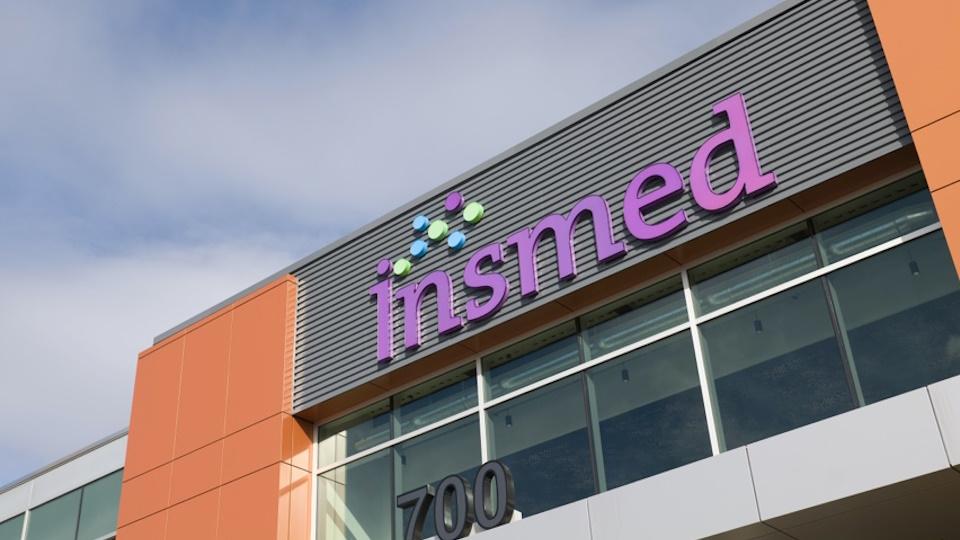Trial readout sets up filings for Insmed bronchiectasis drug

Shares in Insmed have rocketed after the biotech reported positive results in a highly-anticipated clinical trial of brensocatib in the respiratory disorder bronchiectasis.
The phase 3 trial achieved a statistically significant reduction in the frequency of exacerbations in patients with bronchiectasis, a serious, chronic lung disease with no approved treatment that affects around a million people across the US, Europe, and Japan.
In bronchiectasis, the walls of the airways become thickened and damaged as a result of a cycle of inflammation and infections. It is characterised by repeated exacerbations or attacks, which require treatment with antibiotics and sometimes result in patients being hospitalised.
Brensocatib given at two daily oral doses (10 mg and 25 mg) cut the number of attacks experienced in a year by around 20% in the ASPEN study compared to placebo, with the lower dose performing just as well as the higher.
The trial involved 1,700 patients without cystic fibrosis, a genetic disorder that is a common cause of bronchiectasis and has a number of approved therapies.
Insmed's drug also achieved a significant 19% prolongation in the time to a first exacerbation at the 10 mg dose and increased the chances of being exacerbation-free over 52 weeks of follow-up by 41%, two secondary endpoints.
Both doses of the drug – which is vying to become the first DPP1 inhibitor to reach the market – were well-tolerated, with only a handful of minor side effects like nasopharyngitis, cough, and headache occurring more frequently than placebo, according to Insmed.
“These findings not only underscore our belief that brensocatib has the potential to transform the treatment landscape for bronchiectasis, but they also further validate DPP1 inhibition as a mechanism that may hold promise in other neutrophil-mediated diseases,” said Insmed’s chief medical officer, Martina Flammer.
The company is also exploring brensocatib’s potential in chronic rhinosinusitis without nasal polyps (CRSsNP) and other indications like hidradenitis suppurativa (HS), and analysts have suggested the drug may now be on a path to multibillion-dollar annual revenues.
Insmed’s shares more than doubled after the data was announced, climbing from just over $22 to more than $48 and giving the Bridgewater, New Jersey biotech a market cap of more than $7 billion.
The company said the data should support a filing with the FDA – which has granted breakthrough status for brensocatib in bronchiectasis – before the end of the year, making a launch possible around the middle of 2025.













